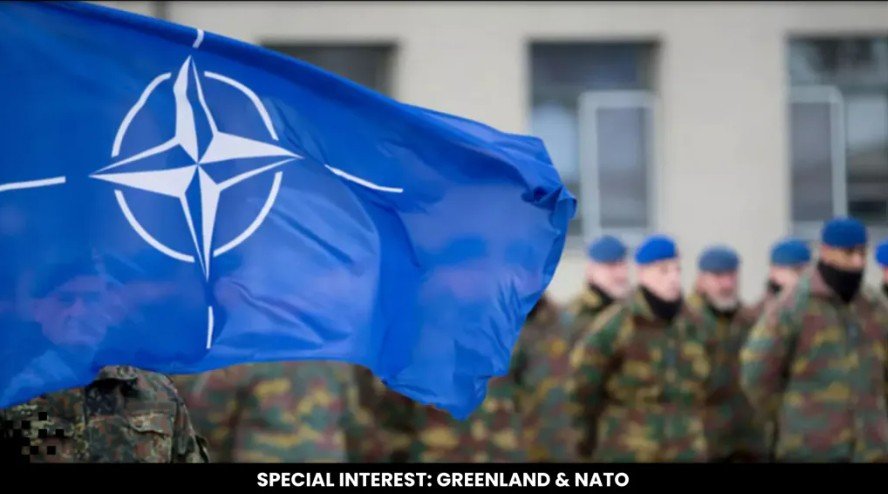On September 9, 2025, Israel launched a bold operation, codenamed “Summit of Fire,” targeting senior Hamas leaders in Doha, Qatar, in an unprecedented escalation of its campaign against the group responsible for the October 7, 2023, massacre that killed 1,200 Israelis and took 251 hostages. The Israel Defense Forces (IDF) and Shin Bet carried out what they called a “precise strike” on Hamas’s political headquarters in Doha’s Katara district, where leaders were meeting to discuss a U.S.-proposed ceasefire for Gaza. The attack involved ten airstrikes on a residential complex near Wadi Rawdan Street, with witnesses reporting black smoke and explosions. Prime Minister Benjamin Netanyahu claimed full responsibility, saying the operation targeted figures tied to the October 7 attacks and recent assaults, including a Jerusalem bus stop shooting that killed six and a Gaza attack that killed four Israeli soldiers.
Targeted Hamas Leaders
The strike aimed at multiple Hamas leaders. Chief negotiator and deputy chairman Khalil al-Hayya, accused of orchestrating the October 7 massacre, was a primary target. Former political bureau chief Khaled Mashaal, notorious for surviving a 1997 Israeli assassination attempt and directing Hamas’s global activities, was also reportedly present. Other figures included Zaher Jabarin, who oversees West Bank operations and coordinates with Iran, and Muhammad Ismail Darwish, head of Hamas’s Shura Council. While their fates remain unclear, Palestinian media confirmed the deaths of Himam al-Hayya, son of Khalil al-Hayya, and Jihad Labad, his office director. Arab outlets such as Al Arabiya claimed senior leaders were killed, but Hamas and Al Jazeera insisted the negotiating team survived.
Looking to Grow Your Business?
I’m looking to partner with 2 local businesses. We’ll build you a custom marketing system designed to generate high-quality leads on autopilot. If we don’t deliver 30 qualified leads in 30 days, you get your money back.
If you’re ready, submit your details after you watch the full video.
Regional Reactions Intensify
The strike has inflamed regional tensions. Qatar, a key U.S. ally hosting the Al Udeid Air Base and mediator in Israel-Hamas talks, condemned the attack as a violation of sovereignty and vowed a strong response. Other nations, including Jordan, Kuwait, the UAE, Saudi Arabia, and Iran, echoed the condemnation, with Tehran calling it a breach of international law. The IDF said it used precision munitions to minimize civilian casualties, but the strike caused heavy damage in a residential area near a Woqod petrol station. Ambulances were seen rushing to the site, yet the true toll remains unconfirmed.
Ceasefire Talks Disrupted
The timing of the operation has disrupted U.S.-backed ceasefire talks that included potential hostage releases and a halt to the Gaza conflict. Israel’s decision to strike in Doha reflects a broader strategy to eliminate Hamas leaders abroad, fulfilling IDF chief Lt. Gen. Eyal Zamir’s vow that “most of Hamas’s leadership is abroad, and we will reach them.” Netanyahu emphasized the operation was independent of U.S. involvement, though Washington confirmed it was notified in advance. The attack underscores Israel’s determination to decisively weaken Hamas’s leadership, even at the cost of regional stability, strained ties with Gulf states, and stalled negotiations for peace.




